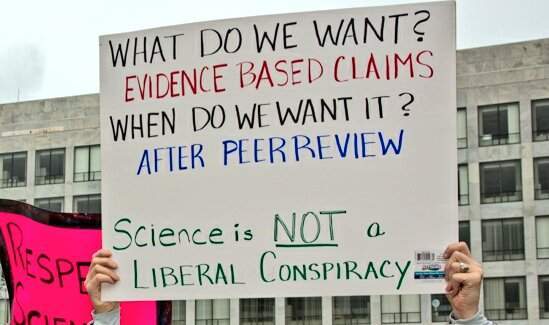
Belgian economist Paul de Grauwe is the author of The Limits of the Market, which looks at the tension between the market and the state.
In an interview with Verdict, he explains why it is more important than ever for governments to work together to improve welfare provision and reduce economic inequality.
Verdict: What is the premise of your upcoming book?
The main story in my book is that the market can create material welfare, but it has its limits. Markets do not take into account the external costs they generate.
Big industrial companies increase levels of pollution everywhere they operate. If governments don’t introduce tougher regulations to prevent the environmental damage caused by businesses, people will be forced to reject the market — the very system which causes harm to our planet.
You make another point that the market system breeds inequality. What are the effects of this?
How well do you really know your competitors?
Access the most comprehensive Company Profiles on the market, powered by GlobalData. Save hours of research. Gain competitive edge.

Thank you!
Your download email will arrive shortly
Not ready to buy yet? Download a free sample
We are confident about the unique quality of our Company Profiles. However, we want you to make the most beneficial decision for your business, so we offer a free sample that you can download by submitting the below form
By GlobalDataYes, I touch on more than just the environmental costs. The market system also creates economic inequality, leaving many people in the cold — the losers — those who have not benefited from globalisation .
The political class will seize the opportunity to appeal to those disgruntled people left behind.
We already see this starting to happen in the US under Trump who claims he will help the less privileged but actually his policies will just make the rich even richer.
Not to mention his disregard for the environment.
Did we also see politicians in the UK appeal to those “left behind” by globalisation during the EU referendum campaign?
Yes, certainly. Whether or not we see economic inequality widen will depend on what kind of deal the UK gets with other countries.
If indeed, Brexit leads to a closing off of England in terms of trade and alliances, then things will only get worse.
In the UK and elsewhere, not only do we see reduced distribution of wealth, we also see the weakening of social security systems.
Those out in the market have nothing to fall back on.
So what should we be doing to reduce income inequality?
We should have governments who are really willing to tackle income inequality.
Since the 1980s, we have done the opposite.
The tax rates for the very rich have gone down, particularly in the US.
According to the think tank Americans for Tax Fairness, the richest one percent of the US population paid a federal income tax rate of 24.7 percent in 2014, while someone making an average of $75,000 a year paid a 19.7 percent rate.
We need to reverse this trend. We need to increase the tax on the rich so that people believe the market system is fair again. I don’t see any willingness to do that in the US with Trump as president.
What do you make of Trump’s views on the environment, given he has rejected the scientific evidence for climate change?
The Paris Agreement was the first international treaty on climate change. One hundred and ninety four Countries engaged in exactly the kind of cooperation we need. And yet Trump has said that the US will pull out of the agreement.
Trump has also undermined the value of cooperation in relation to trade agreements. How will the market react to this “America First” policy?
Indeed. America will now seek bilateral instead of multilateral treaties. This is a way for the powerful to exert power over smaller countries.
The multilateral idea came about after the Second World War as the best way to preserve the interests of everybody; a response to years of bloody conflict.
Trump has already pulled the US out of TPP [the Trans-Pacific PArtnership] but if he decides to abandon more of these treaties, other countries may do the same.
Then we could see unrestrained nineteenth century type nationalism that ultimately leads to war.
Do you think war is a likely prospect?
Of course we could see war break out.
We are now sowing the seeds that may actually lead to it. We could certainly see a conflict start between then US and China. Then who knows what could happen next.
A conflict that will stem from fraught trade relations?
Yes.
Of course, I hope Trump doesn’t introduce too many protectionist tariffs.
There are many commercial interests in the US who are against this kind of protectionism, but will they prevail? I don’t know.
Trump’s main adviser on trade [Peter Navarro] hates China. A president’s decisions are influenced by those who are closest to him, so there is a real danger the US economy will go in a protectionist direction.
How do Trump’s prospective economic policies fit into the wider narrative of your book about the limits of the market?
My narrative is one about cyclical movements.
The market has its limits, but governments also have their limits. The pendulum swings between the two.
That has been the story of the last 200 years. We have seen moments where markets take over, then governments take over.
But the risk now, not just in the US under Trump but across the world, is that the stakes are very high so catastrophes are possible.
Paul de Grauwe is the John Paulson Chair in European political economy at the London School of Economics (LSE). His upcoming book, The Limits of the Market will be published by Oxford University Press (OUP) in March.







